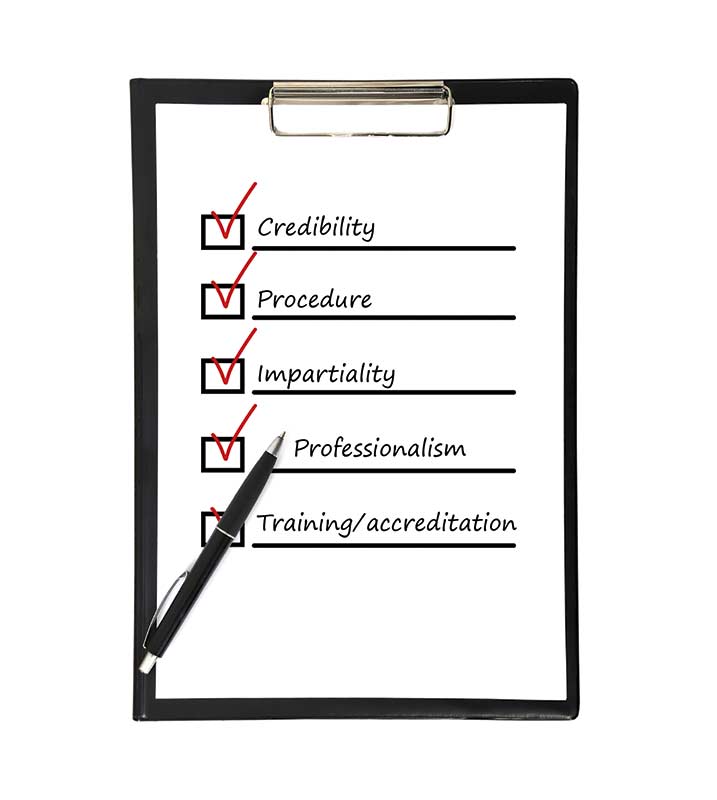
Martin Burns provides five important factors to consider when instructing an expert witness (or acting as one)
People who act as expert witnesses perform a crucial role in judicial proceedings in the UK. Judges and other tribunals depend on their opinions in order to understand the evidence before them, and thus make informed decisions.
An onerous role
However, in recent years the role of expert witness has become more onerous and the demands of instructing parties have increased.
To an extent this can be traced back to the Supreme Court decision in Jones v Kaney [2011] UKSC 13, [2011] 2 All ER 671, which abolished immunity in negligence for expert witnesses. A consequence of this decision has been greater emphasis by instructing parties on being extra careful when deciding who would be suitable to act as expert witness.
As an institution which is regulated by Royal Charter, the primary duty of RICS is to maintain quality and ensure chartered surveyors discharge their professional duties to the highest standards. The decision in Jones v Kaney led us to develop new qualifications for expert witnesses









